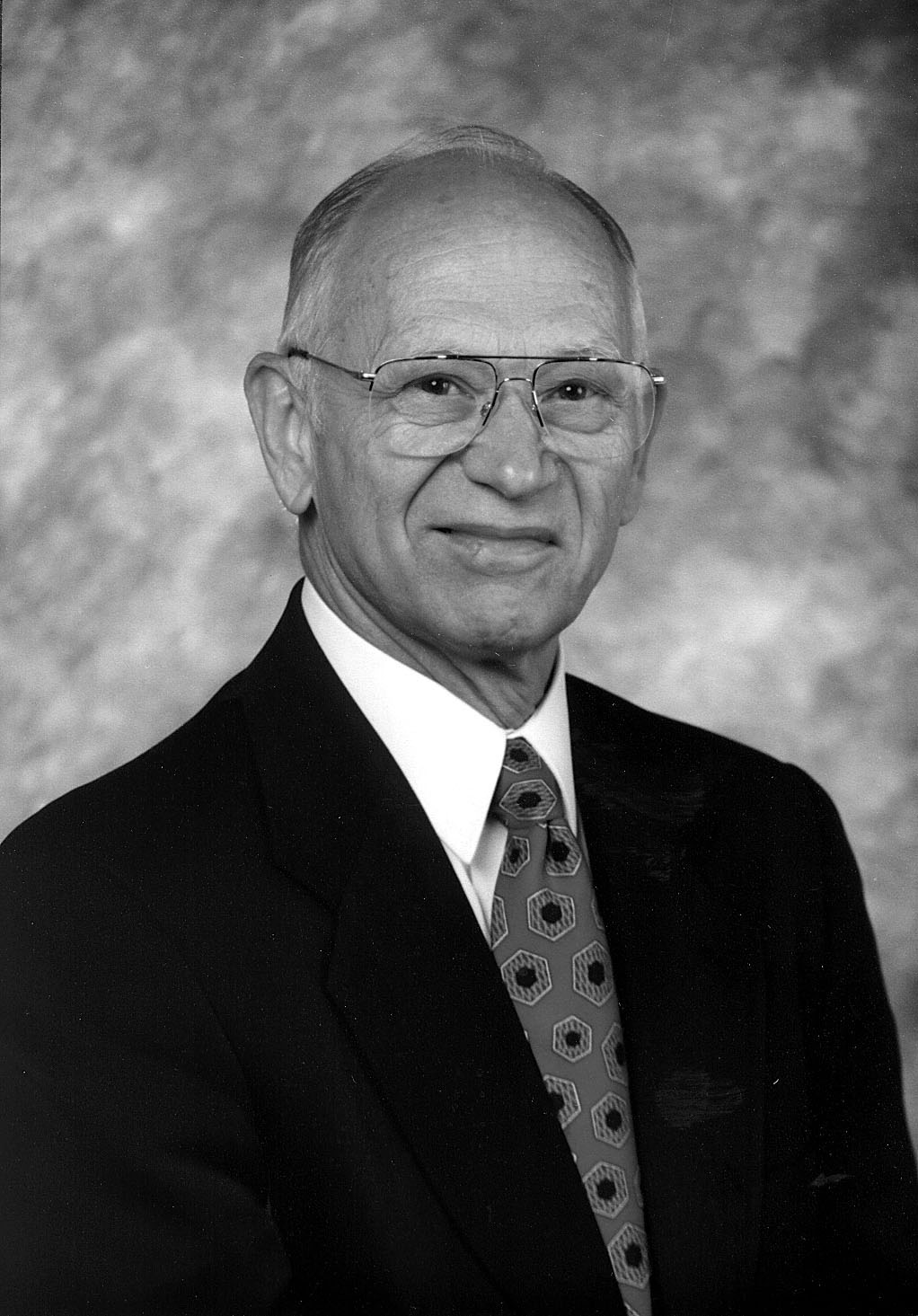
LOUISVILLE, Ky. (BP)–The uniqueness of Jesus as God’s Son is taught throughout the New Testament. We find this within the Gospels (John 1:14; 3:16, 18), as well as the rest of the New Testament (1 John 4:9; Hebrews 1:1-2).
Most importantly, Jesus himself both explicitly (Mark 12:1-12; 13:32; Matthew 11:25-27) and implicitly (John 20:17) taught of his unique relationship as God’s Son. During his ministry, he was recognized as the unique Son of God by demons (Mark 5:7), Satan (Matt 4:3, 6) and most importantly the voice from heaven at his baptism and transfiguration (Mark 1:11; 9:7).
During his ministry, he acted as one who possessed a unique authority over the temple by cleansing it (Mark 11:15-19, 27-33; John 2:13-21), over demons and Satan by his exorcisms, over disease by his healings, over the Sabbath by his actions (Mark 2:23-28), over death by his raising the dead and at times even over the Law by his teachings (Matt 5:21-48; Mark 7:18-19).
He assumed the divine prerogatives of forgiving sins (Mark 2:5-10; Luke 7:36-50), claiming that one’s eternal destiny rotated around his relationship to him (Matt 10:32-33; 11:6) and claiming that he would ultimately judge the world (Matt 9:28; John 5:22-29; Acts 10:42).
He also maintained that he was greater than all who have preceded him, whether Abraham (John 8:53-58), Jacob (John 4:12-15) or Moses (Matt 5:21-48).
In the New Testament Jesus is accorded such divine attributes as being the Creator (John 1:3; 1 Corinthians 8:6; Colossians 1:16; Heb 1:2) and possessing pre-existence (John 1:1-2; 1 John 1:1; Col 1:17). In a number of instances, he is specifically referred to as God (John 1:1, 18; 20:28; Titus 2:13; Heb 1:8; cf. also Romans 9:5; 1 John 5:20).
It should be remembered that the use of this title for Jesus is found in passages written by Jewish-Christians whose Scriptures begin with “In the beginning God created the heavens and the earth.”
Although the human nature of the Son was denied by the first Christological heresy (Doceticism), it is clearly taught throughout the New Testament. Alongside of statements of Jesus’ uniqueness and deity are statements of his full humanity.
His virginal conception in no way minimizes this. The incarnation (John 1:14) involves experiencing a human birth (Galatians 4:4), being circumcised on the eighth day (Luke 2:21), possessing a true human nature (Heb 2:14), being tempted in all points like we (Heb 2:18; 4:15), experiencing sorrow and agony (John 11:35; Mark 14:34-42; Heb 5:7), hungering (Matt 4:2; Mark 11:12) and thirsting (John 19:28), becoming weary (John 4:6), possessing flesh and blood (Luke 24:39; John 19:34) and learning obedience (Heb 5:8).
He is the one mediator between God and man (1 Timothy 2:5; Rom 5:15; Heb 9:15). Because of his sinless life (Heb 4:15; 2 Corinthians 5:21), he could bear the penalty of sin that all humanity deserves.
By grace he became a curse for those under the curse (Gal 3:13; 1 Peter 2:24) and satisfied the righteousness of God (Rom 3:24-26). Thus, by offering himself once for all time (Rom 6:10; 1 Pet 3:18; Heb 9:28; 10:12-14), he brought about for sinful humanity expiation of sin and propitiation from the divine wrath (Rom 3:25; 1 John 2:2; 4:10).
In so doing, Jesus Christ brought a host of benefits such as justification (Rom 3:24; 8:33), peace (Rom 5:1), reconciliation (Rom 5:10; 2 Cor 5:18-19), forgiveness (Matt 26:28; Rom 4:7-8), adoption as sons (Rom 8:15-16; Gal 4:4-5), being born again (1 Pet 1:23; John 3:1-8), dying to sin (Rom 6:1-2; Col 3:3), being raised in newness of life (Rom 6:4; 7:6; 2 Cor 5:17) and eternal life (John 3:16, 36; Rom 6:22).
In addition to these present benefits, there awaits for his followers the resurrection of the body (John 11:25-26; Revelation 20:5-6), a joyous reunion with Christians who died (1 Thessalonians 4:13-18), faith turning to sight (Rev 22:4), being no longer able to sin and participating with the Son of God in the judgment (1 Cor 6:2).
–30–
Stein is the Ernest and Mildred Hogan Professor of New Testament at Southern Baptist Theological Seminary in Louisville, Ky. Read The Baptist Faith & Message online.
Full text of Article 2: God
There is one and only one living and true God. He is an intelligent, spiritual, and personal Being, the Creator, Redeemer, Preserver, and Ruler of the universe. God is infinite in holiness and all other perfections. God is all powerful and all knowing; and His perfect knowledge extends to all things, past, present, and future, including the future decisions of His free creatures. To Him we owe the highest love, reverence, and obedience. The eternal triune God reveals Himself to us as Father, Son, and Holy Spirit, with distinct personal attributes, but without division of nature, essence, or being.
A. God the Father
God as Father reigns with providential care over His universe, His creatures, and the flow of the stream of human history according to the purposes of His grace. He is all powerful, all knowing, all loving, and all wise. God is Father in truth to those who become children of God through faith in Jesus Christ. He is fatherly in His attitude toward all men.
Genesis 1:1; 2:7; Exodus 3:14; 6:2-3; 15:11ff.; 20:1ff.; Leviticus 22:2; Deuteronomy 6:4; 32:6; 1 Chronicles 29:10; Psalm 19:1-3; Isaiah 43:3,15; 64:8; Jeremiah 10:10; 17:13; Matthew 6:9ff.; 7:11; 23:9; 28:19; Mark 1:9-11; John 4:24; 5:26; 14:6-13; 17:1-8; Acts 1:7; Romans 8:14-15; 1 Corinthians 8:6; Galatians 4:6; Ephesians 4:6; Colossians 1:15; 1 Timothy 1:17; Hebrews 11:6; 12:9; 1 Peter 1:17; 1 John 5:7.
B. God the Son
Christ is the eternal Son of God. In His incarnation as Jesus Christ He was conceived of the Holy Spirit and born of the virgin Mary. Jesus perfectly revealed and did the will of God, taking upon Himself human nature with its demands and necessities and identifying Himself completely with mankind yet without sin. He honored the divine law by His personal obedience, and in His substitutionary death on the cross He made provision for the redemption of men from sin. He was raised from the dead with a glorified body and appeared to His disciples as the person who was with them before His crucifixion. He ascended into heaven and is now exalted at the right hand of God where He is the One
Mediator, fully God, fully man, in whose Person is effected the reconciliation between God and man. He will return in power and glory to judge the world and to consummate His redemptive mission. He now dwells in all believers as the living and ever present Lord.
Genesis 18:1ff.; Psalms 2:7ff.; 110:1ff.; Isaiah 7:14; 53; Matthew 1:18-23; 3:17; 8:29; 11:27; 14:33; 16:16,27; 17:5; 27; 28:1-6,19; Mark 1:1; 3:11; Luke 1:35; 4:41; 22:70; 24:46; John 1:1-18,29; 10:30,38; 11:25-27; 12:44-50; 14:7-11; 16:15-16,28; 17:1-5, 21-22; 20:1-20,28; Acts 1:9; 2:22-24; 7:55-56; 9:4-5,20; Romans 1:3-4; 3:23-26; 5:6-21; 8:1-3,34; 10:4; 1 Corinthians 1:30; 2:2; 8:6; 15:1-8,24-28; 2 Corinthians 5:19-21; 8:9; Galatians 4:4-5; Ephesians 1:20; 3:11; 4:7-10; Philippians 2:5-11; Colossians 1:13-22; 2:9; 1 Thessalonians 4:14-18; 1 Timothy 2:5-6; 3:16; Titus 2:13-14; Hebrews 1:1-3; 4:14-15; 7:14-28; 9:12-15,24-28; 12:2; 13:8; 1 Peter 2:21-25; 3:22; 1 John 1:7-9; 3:2; 4:14-15; 5:9; 2 John 7-9; Revelation 1:13-16; 5:9-14; 12:10-11; 13:8; 19:16.
C. God the Holy Spirit
The Holy Spirit is the Spirit of God, fully divine. He inspired holy men of old to write the Scriptures. Through illumination He enables men to understand truth. He exalts Christ. He convicts men of sin, of righteousness, and of judgment. He calls men to the Saviour, and effects regeneration. At the moment of regeneration He baptizes every believer into the Body of Christ. He cultivates Christian character, comforts believers, and bestows the spiritual gifts by which they serve God through His church. He seals the believer unto the day of final redemption. His presence in the Christian is the guarantee that God will bring the believer into the fullness of the stature of Christ. He enlightens and empowers the believer and the church in worship, evangelism, and service.
Genesis 1:2; Judges 14:6; Job 26:13; Psalms 51:11; 139:7ff.; Isaiah 61:1-3; Joel 2:28-32; Matthew 1:18; 3:16; 4:1; 12:28-32; 28:19; Mark 1:10,12; Luke 1:35; 4:1,18-19; 11:13; 12:12; 24:49; John 4:24; 14:16-17,26; 15:26; 16:7-14; Acts 1:8; 2:1-4,38; 4:31; 5:3; 6:3; 7:55; 8:17,39; 10:44; 13:2; 15:28; 16:6; 19:1-6; Romans 8:9-11,14-16,26-27; 1 Corinthians 2:10-14; 3:16; 12:3-11,13; Galatians 4:6; Ephesians 1:13-14; 4:30; 5:18; 1 Thessalonians 5:19; 1 Timothy 3:16; 4:1; 2 Timothy 1:14; 3:16; Hebrews 9:8,14; 2 Peter 1:21; 1 John 4:13; 5:6-7; Revelation 1:10; 22:17.
 Order a pocket-sized tract of The Baptist Faith and Message at LifeWaystores.com.
Order a pocket-sized tract of The Baptist Faith and Message at LifeWaystores.com.

















